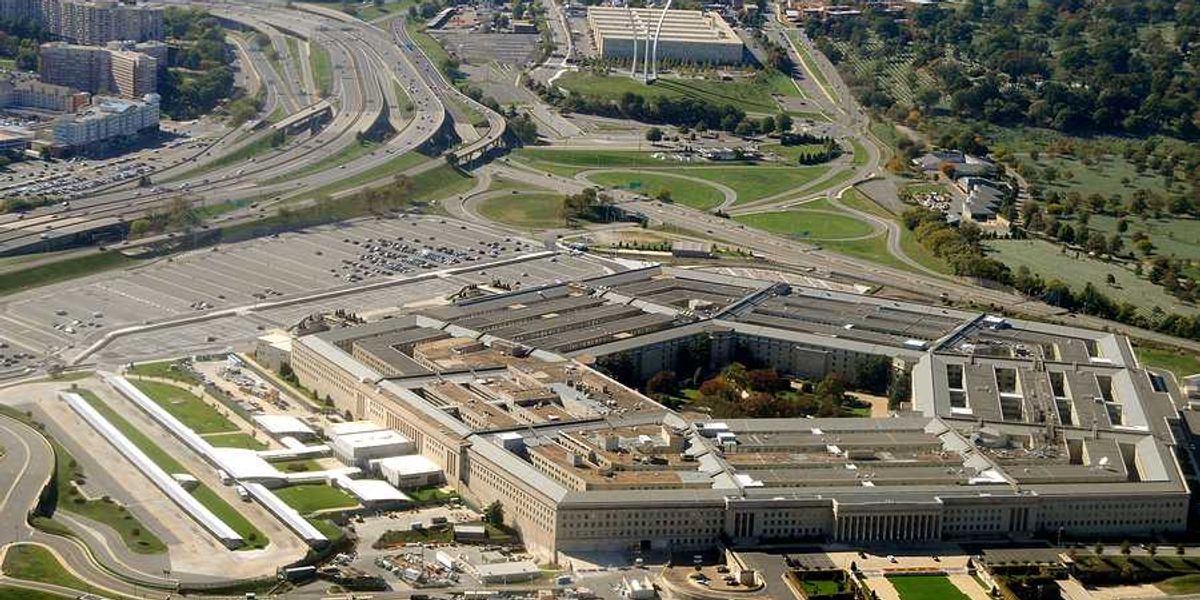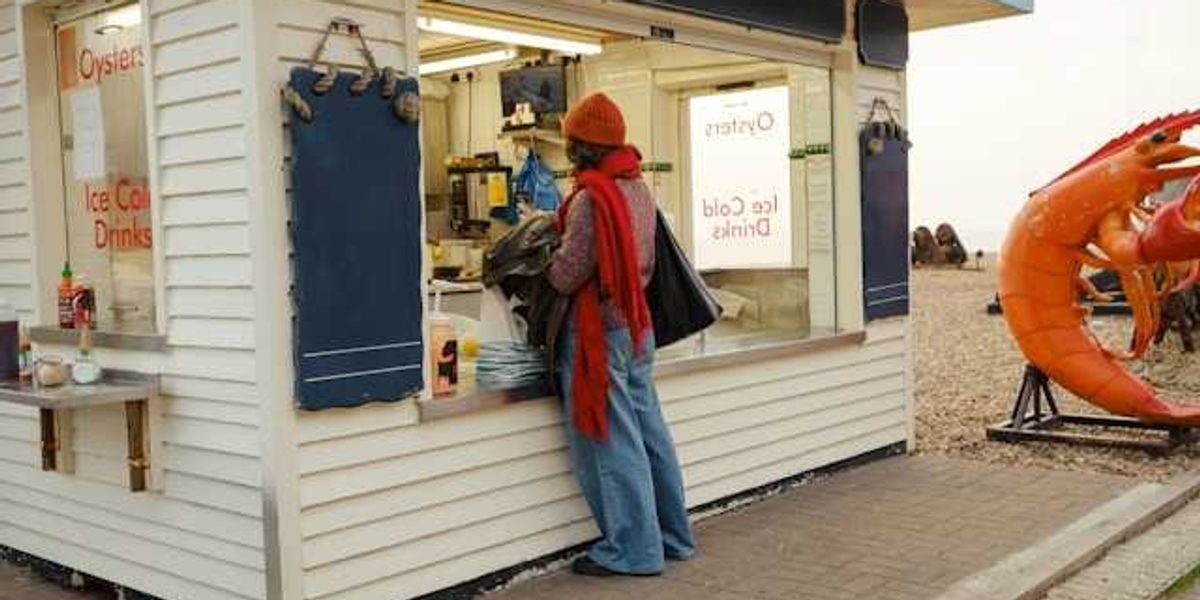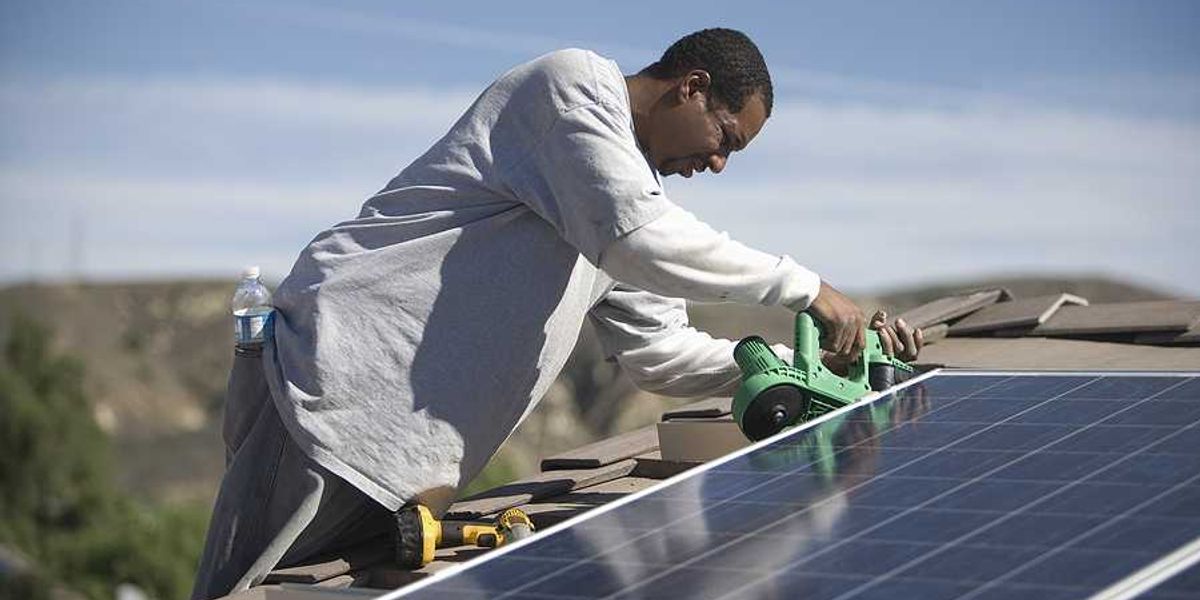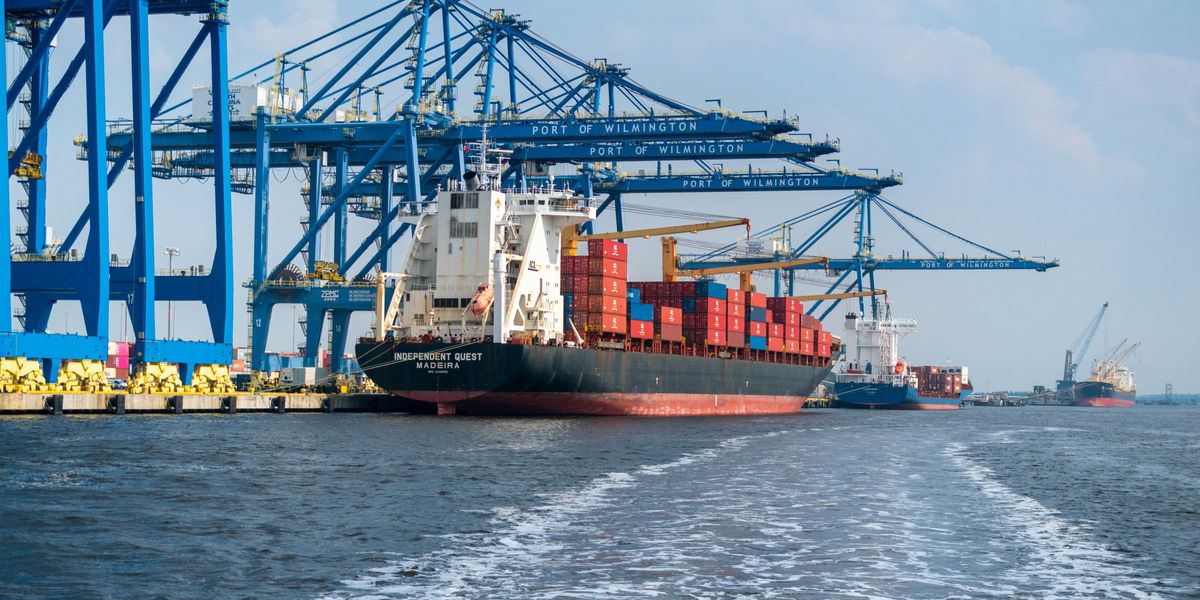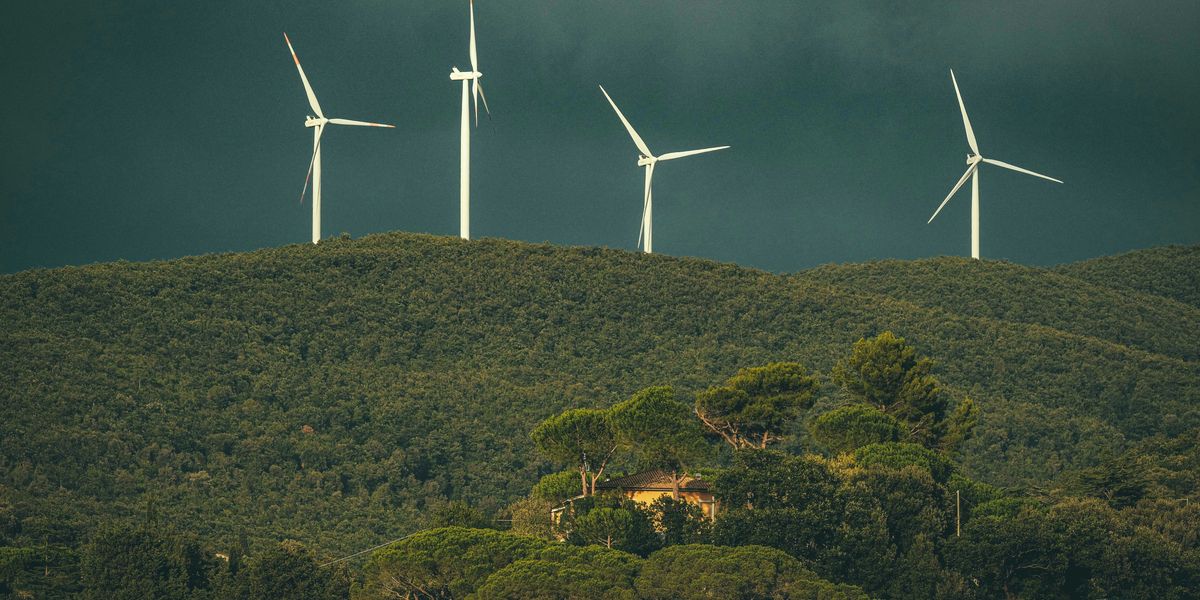15 March 2024
Pennsylvania’s governor proposes a state-specific plan for carbon emissions
Pennsylvania's Governor Shapiro introduces a state-focused cap-and-invest strategy to reduce power plant emissions.
Jon Hurdle reports for Inside Climate News.
In short:
- Governor Josh Shapiro of Pennsylvania has unveiled a plan to implement a state-run cap-and-invest program, aiming to decrease carbon emissions from about 55 power plants and boost renewable energy use.
- Shapiro's proposal, if accepted by lawmakers, would replace the state's involvement in the Regional Greenhouse Gas Initiative, amidst ongoing legal challenges.
- The plan includes setting carbon caps, requiring power plants to purchase credits for emissions above the cap, and aims to protect residents from increased electricity costs while supporting clean energy investments.
Key quote:
“We will set our own cap and we will set our own price for those carbon credits. We won’t have any other state determining what is right for us in Pennsylvania.”
— Josh Shapiro, governor of Pennsylvania
Why this matters:
At the heart of the cap-and-invest model is a "cap" on the total amount of greenhouse gases that can be emitted by all participating entities. This cap is gradually lowered over time, aligning with broader goals for reducing pollution and mitigating climate change.


